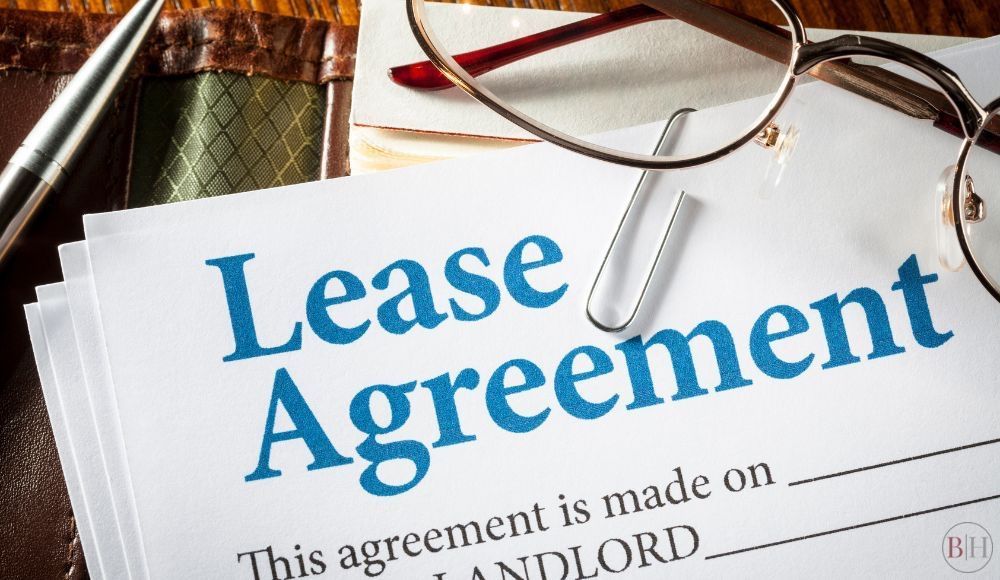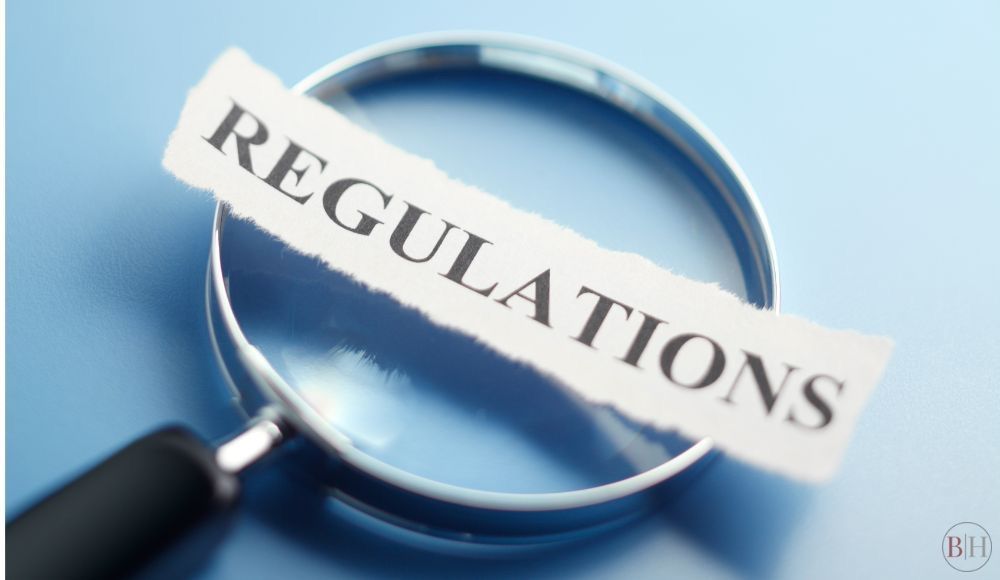Essentials of Lease Agreements

A lease agreement is a legally binding contract outlining the terms under which a property is rented. When written correctly, its elements ensure clarity, reduce disputes, and provide legal protection for both parties.
Here is what you should know:
Drafting Effective Agreements
Whether landlords draft it or hire someone else, a lease agreement requires clarity and detail. It is essential because it is a legally binding document outlining the terms and conditions agreed upon by the landlord and tenant. It helps prevent misunderstandings by clearly defining obligations, such as rent payments, maintenance responsibilities, and use of the property.
Detailing rules and expectations provides protection and recourse for both parties if a dispute arises. Additionally, a lease agreement ensures compliance with local laws and regulations, safeguarding the rights and duties of the landlord and tenant.
Critical Clauses to Include
Here are the most critical clauses in a lease agreement:
- Identification of Parties: Clearly state the full legal names of the landlord and the tenants.
- Lease Term: Specify whether the lease is fixed-term or month-to-month, including start and end dates.
- Rent Details: State the exact rental amount, due date, payment method, and any late fees or grace periods.
- Security Deposit and Fees: Outline the amount, purpose, conditions for deductions, and process for returning the security deposit.
- Maintenance and Repairs: Define the responsibilities of both the landlord and tenant regarding property upkeep and repairs, as well as who pays for utilities.
- Entry Rights: Clarify under what circumstances and with what notice the landlord can enter the property.
- Termination and Renewal: Explain how to end the lease early, renewal procedures, and any penalties for breaking the lease.
- Insurance Requirements: State if renters’ insurance is required and what coverage is needed.
How to Avoid Common Pitfalls When Drafting a Lease Agreement
Avoid future issues by following these suggestions:
- Use Clear, Precise Language: Avoid vague or ambiguous terms when defining the details.
- Include All Essential Information: Ensure that the lease covers all necessary aspects, such as smoking policies, rules for alterations, parking, and HOA regulations.
- Specify Maintenance and Repair Responsibilities: Clearly define who is responsible for routine maintenance, repairs, and upkeep.
- Disclose All Fees and Costs: List fees, such as security deposits, maintenance charges, and potential hidden costs.
- Comply with Legal Requirements: Ensure the agreement meets all local, state, and federal laws.
- Avoid Legal Jargon: Write the agreement in straightforward, easy-to-understand language.
- Get a Professional Review: Have a real estate attorney review the lease before it’s signed to avoid errors or omissions.
With these steps, you can create a clear and enforceable lease agreement that protects both the landlord's and tenant's interests.
Contact the Real Estate Lawyers at Bingaman Hess Today
Do you want to experience the benefits of working with a real estate lawyer? Contact Bingaman Hess to schedule a consultation with one of our experienced real estate law attorneys. Our seasoned legal professionals bring a wealth of skill and experience to every case, ensuring you receive the highest level of representation and personalized attention.
This article is for informational purposes only and does not constitute legal advice. No one may rely on this information without consulting an attorney. Anyone who attempts to use this information without attorney consultation does so at their own risk. Bingaman Hess is not and shall never be responsible for anyone who uses this information. It is not legal advice.









